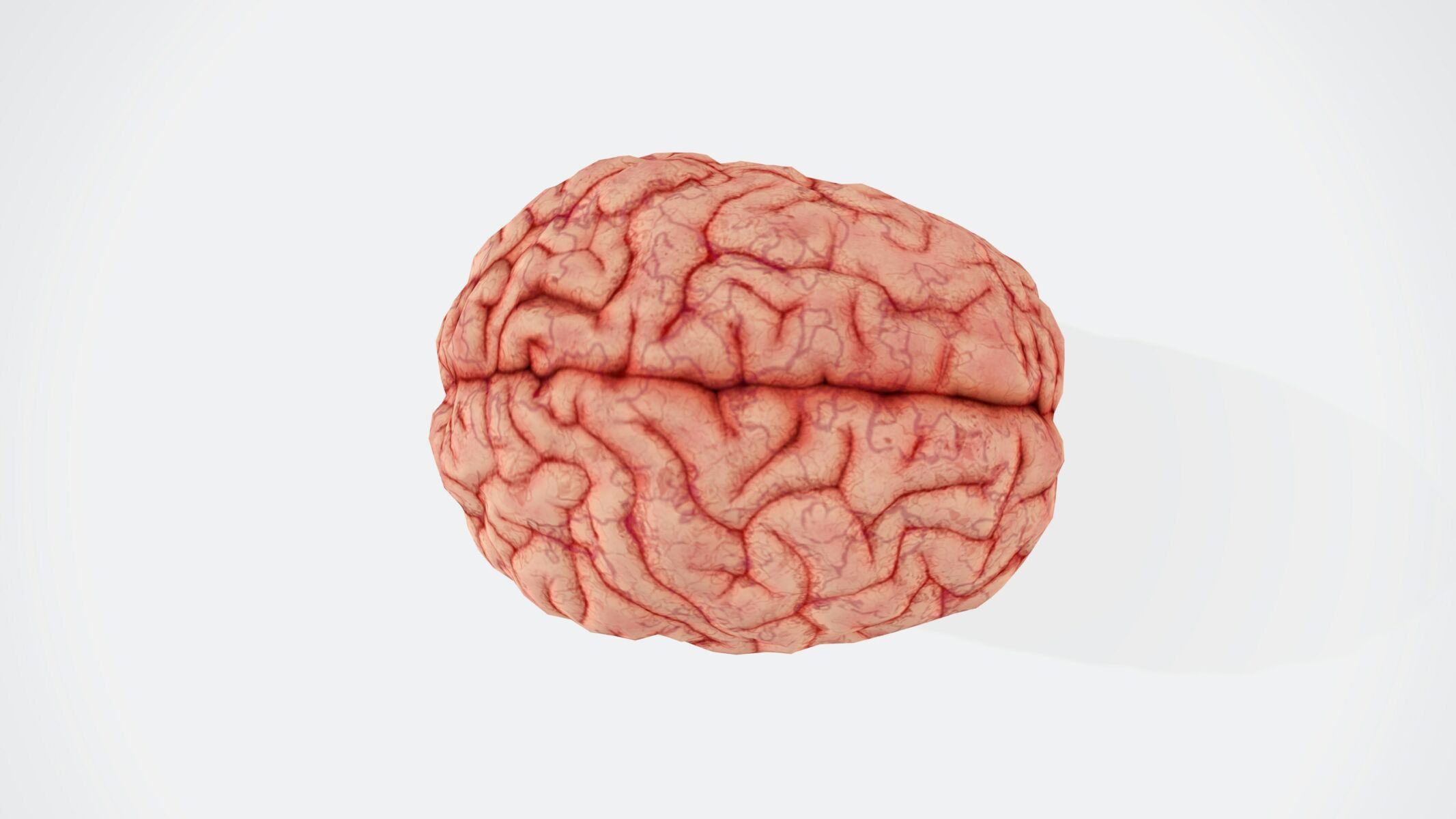Cannabinoids and vitamin B12 can help in neurodegenerative disease management

The long-standing relationship between humans and the cannabis plant has evolved significantly, especially with the legalization of medical cannabis. This shift has opened new avenues for exploring the therapeutic potential of cannabinoids. Recent research highlights the promising role of cannabinoids, particularly when combined with vitamin B12, in managing neurodegenerative diseases like Alzheimer’s, Parkinson’s, and multiple sclerosis.
Understanding cannabinoids
Cannabinoids, found in the cannabis plant, interact with our body’s endocannabinoid system (ECS). The ECS plays a crucial role in regulating various physiological processes, including pain, mood, appetite, and memory. The two primary cannabinoids are delta-9-tetrahydrocannabinol (Δ9-THC) and cannabidiol (CBD). While Δ9-THC is known for its psychoactive effects, CBD is celebrated for its therapeutic properties without the “high.”
Cannabinoids in neurodegenerative diseases

Anti-inflammatory and neuroprotective effects
Cannabinoids, especially CBD, have shown significant anti-inflammatory and neuroprotective effects. They modulate microglial activity, reducing inflammation and protecting nerve cells from damage. This is particularly beneficial in diseases like Alzheimer’s and Parkinson’s, where chronic inflammation plays a pivotal role in disease progression.
Modulation of protein aggregation
One of the critical aspects of neurodegenerative diseases is the abnormal aggregation of proteins. For instance, Alzheimer’s is characterised by beta-amyloid plaques, while Parkinson’s involves alpha-synuclein aggregates. Cannabinoids have demonstrated potential in modulating these protein aggregations, offering a new avenue for therapeutic intervention.
The role of vitamin B12
Vitamin B12, or cobalamin, is essential for various bodily functions, including DNA synthesis, red blood cell formation, and maintaining nerve health. Deficiencies in vitamin B12 have been linked to neurological disorders and cognitive decline.

Neuroprotective properties
Vitamin B12 plays a vital role in protecting nerve cells and supporting their function. It aids in the production of myelin, the protective sheath around nerve fibres, and helps reduce homocysteine levels, an amino acid linked to neurodegenerative diseases when elevated.
Synergistic potential of cannabinoids and vitamin B12
Combining cannabinoids with vitamin B12 can potentially enhance the therapeutic effects of both. CBD’s anti-inflammatory properties, coupled with vitamin B12’s neuroprotective effects, can offer a comprehensive approach to managing neurodegenerative diseases. This combination could help in modulating immune responses, reducing oxidative stress, and protecting nerve cells from damage.
Addressing multiple pathways
Neurodegenerative diseases are multifaceted, involving inflammation, oxidative stress, and protein aggregation. The combination of cannabinoids and vitamin B12 can address these multiple pathways, providing a holistic approach to treatment. This could slow disease progression and improve the quality of life for patients.
Innovative therapeutic approaches to neurodegenerative disease
Recent advancements have explored innovative delivery methods like nanoparticles and micellar systems to enhance the effectiveness of cannabinoids and vitamin B12. These methods can improve the bioavailability and targeted delivery of these compounds, maximizing their therapeutic potential.

Future directions and research
While the combination of cannabinoids and vitamin B12 shows great promise, further research is essential to fully understand their synergistic effects and potential applications. Clinical trials are crucial to validate these findings and establish safe and effective treatment protocols.
The combination of cannabinoids and vitamin B12 offers a promising avenue for the treatment of neurodegenerative diseases. By leveraging the anti-inflammatory and neuroprotective properties of these compounds, we can develop more effective strategies to manage and potentially slow the progression of these debilitating conditions. As research progresses, this innovative approach holds the potential to significantly improve the lives of those affected by neurodegenerative diseases.
Disclaimer
This article is based on recent studies and research findings. It is intended for informational purposes only and should not be construed as medical advice. Always consult with a healthcare professional before starting any new treatment or therapy.
Latest Thailand News
Follow The Thaiger on Google News:


























